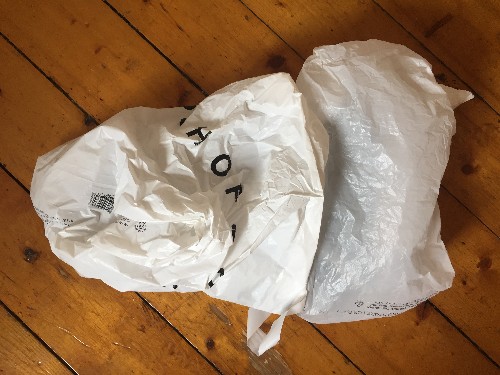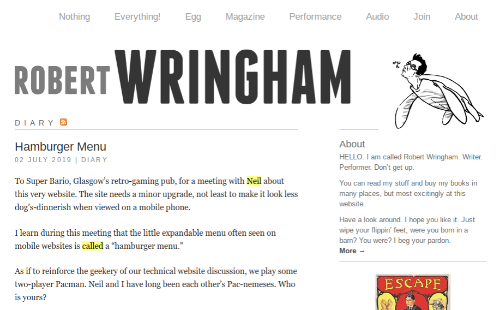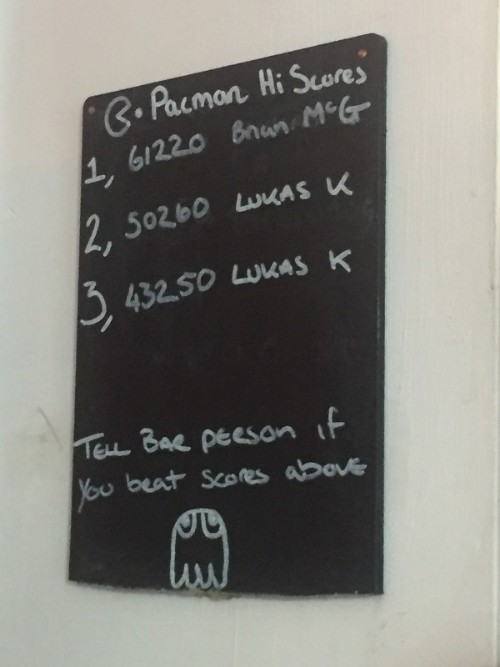On one of my regular walks, past a row of nice old houses, I pass a sign that reads, in red text, “PRIVATE GARDEN: FOR RESIDENTS ONLY.”
The “garden” in question is not much more than a strip of lawn, shielded slightly from the main public pavement by a hedge. It’s a mere spit–a gossling–of unremarkable space.
Usually, when you see a “rule” like this, it usually tells a story. “No smoking in the nursery,” suggests that someone was once caught smoking in the nursery. There is, however, no way on Earth anybody has ever strayed into this private “garden” for any length of time.
It is not the sort of space that would be frequented by hooded youths, nor is it the sort of space one would think to walk for any length of time. There is nothing in it that could be vandalised, stolen, or infringed upon in any meaningful way.
The sign is an invitation into a unique and bizarre mind. “Private Garden! Private Garden! Don’t stray into the Private Garden!”
“It is a bloody garden, and it’s a private one at that! Private Garden! Private Garden! Thank you! Keep away!”
“Don’t touch it, don’t regard it in any way. Don’t bloody look at it and go taking your memory of the garden home with you. That memory is COPYRIGHT and thieves will be prosecuted! Residents only! Private Garden!”
I’ve been seriously thinking about taking some nice, red letraset and, under cover of darkness, adding a “trademark” ™ symbol to PRIVATE GARDEN™ on the sign.
What do you think? Shall I do it? Would that be a nice little prank to lightly mock the incivility of the sign-planter? Or would it upset someone and/or have the po-po raining down on me with their truncheons?
A housewife opens the curtains:
“Desmond! Someone has DEFACED our private garden sign with a letter-a-set!”
“I don’t know, Margaret, it looks rather snappy…”
“Desmond!! Oh, Desmond…. [*sex noises ensue*]… not the private garden, Desmond, oh!”
















